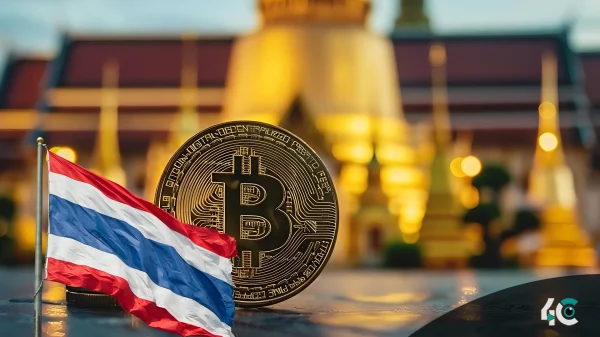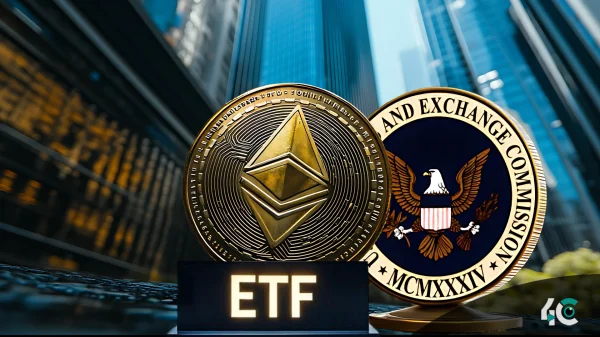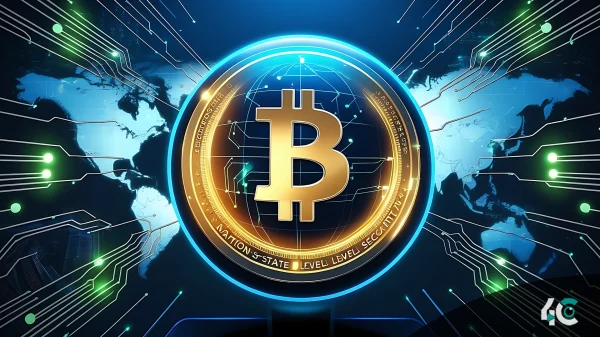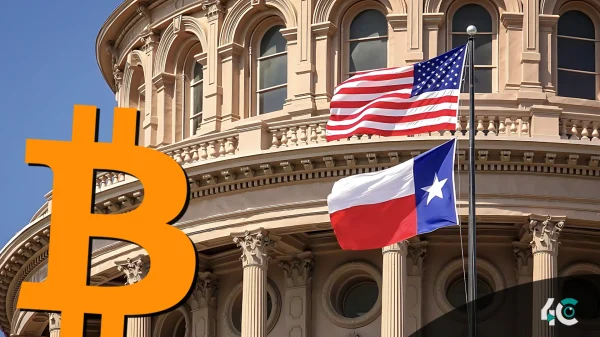The Brazilian National Data Protection Authority (ANPD) has barred Tools for Humanity, the business behind Worldcoin, from delivering cryptocurrency or cash prizes in return for iris scans. Following an investigation that began in November when Worldcoin announced its digital identification initiative in Brazil, the prohibition came into effect on January 25
The ANPD voiced worry that financial incentives could limit individuals’ freedom of choice, particularly those in vulnerable situations. According to Brazilian legislation, consent to treat sensitive personal data must be freely provided, informed, and particular to a defined purpose. Given the irreversible nature of biometric data collection and its sensitive implications, the use of cryptocurrency rewards was considered a violation of these standards.
Worldcoin, co-founded by OpenAI CEO Sam Altman in 2019, promises to develop a worldwide digital identity system by scanning users’ irises using specialized devices known as “orbs.”. While the corporation claims to have implemented safeguards to protect data privacy and security, the initiative has received criticism and regulatory attention in a number of countries, including Germany and Portugal.
As part of its compliance efforts, the ANPD has directed Tools for Humanity to publicly designate a data processing officer on its website. In response, the corporation declared that it follows Brazilian legislation and is working with authorities to resolve any issues. However, the ANPD maintains its stance, citing potential hazards linked with rewarding biometric data gathering.
The move has had an impact on the network’s native cryptocurrency, WLF, which has experienced a considerable drop in value. Although Worldcoin is popular in Brazil, especially in São Paulo, the regulatory action highlights the need to protect individuals’ privacy and rights in the digital age.
This decision emphasizes the global hurdles that projects attempting to combine innovative technology with sensitive personal data will encounter. For the time being, Brazil remains committed to protecting its citizens from potential exploitation in the quickly changing realm of biometric and blockchain technologies.















































